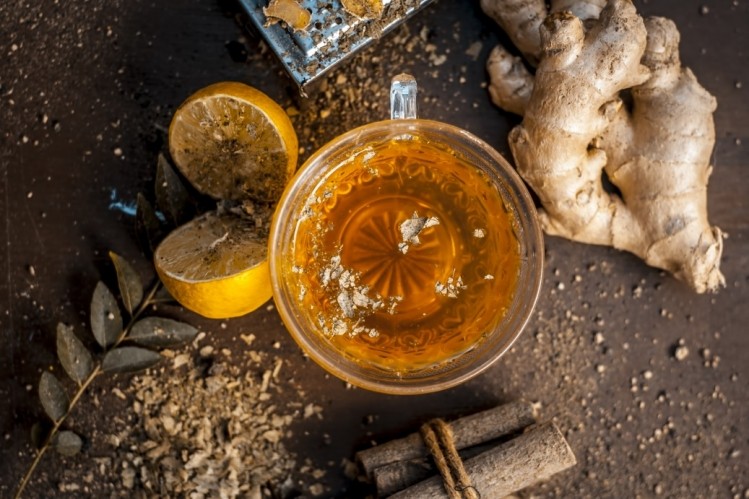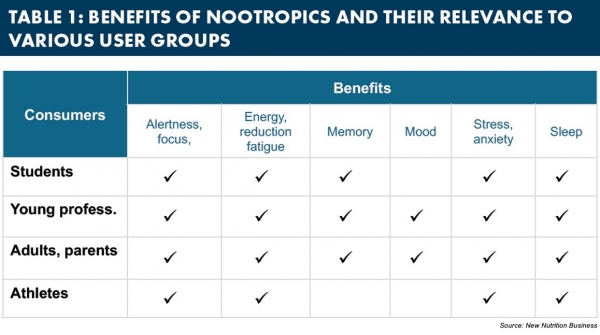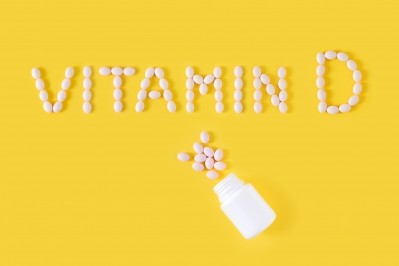Beyond the buzz: How to succeed in the ‘high-risk market’ for nootropics

Nootropic ingredients – those that offer cognitive or mood boosting benefits – are increasingly in the spotlight. Particularly in the wake of the COVID-19 pandemic, people are turning to foods and beverages to boost their memory, focus, attention and energy levels alongside ingredients that are thought to manage their mood and wellbeing.
“Over the last few years industry has introduced a new buzzword to describe this space – nootropics – and a growing segment of business is paying attention to it,” Julian Mellentin, New Nutrition Business director and author of a new strategy briefing on the subject, observed.
Analysis from market researchers at Reports and Data valued the global nootropics market at US$1.96 billion in 2018. Sales, supported by trends accelerated by the coronavirus crisis, are expected to reach US$5.32 billion by the year 2026, at a CAGR of 13.2%.
Nootropics are substances taken to improve cognitive function or mental performance in healthy people. According to a survey by the International Food Information Council (IFIC), a third of American consumers are looking for memory, focus and cognition benefits from their food and drink.
However, while there is evidence to support growing consumer demand, Mellentin stressed that many nootropic brands don’t perform as well as hoped – and, indeed, many fail.
“Nootropics is a very high-risk area which is difficult for companies to navigate, and it’s important to see past the misleading hype that dominates this area.”
Use familiar ingredients for mainstream appeal
So, what advice would the food industry consultant provide for brands that want to break into the nootropic space?
First off, Mellentin stressed the need to choose your ingredient wisely. If you are appealing to mainstream consumers, it is important that your product formulation leverages an ingredient that they are familiar with, he told FoodNavigator.
“The less well-known ingredients are better suited to dietary supplements than food or beverage. The health-active supplement consumer is willing to try out the new, they are informed and will research the ingredients. Less well-known ingredients can work in food and beverages provided that you can initially live with low volume business - a niche brand, probably premium-priced and sold in health food stores or online. Growth beyond an ultra-niche will be a challenge,” he predicted.
“If you choose ingredients such as cordyceps mushrooms or tulsi, you have a major challenge of low consumer familiarity. That makes it hard for anyone but a niche of health-active people to believe in the benefit your product is offering.”
Selecting ingredients like cordyceps mushrooms, for example, can be a strategic decision for a niche brand. For those with mass market ambitions, Mellentin suggested to do so is to ‘commit commercial suicide’.
And this situation is unlikely to change in the near-term. "New ingredients grow in consumers' minds only slowly. Getting enough of the active ingredient in a food or beverage so that it delivers the benefit and also tastes good will also be a challenge.”
What nootropic ingredients offer mass appeal? Mellentin highlights some familiar favourites that could benefit from their nootropic associations: “Coffee and caffeine [and] B vitamins dominate in the mainstream. And coffee is growing.”
Brands focusing on the beliefs, expectations and needs of mainstream consumers ‘do well’ while those that deliver ‘less mainstream ingredients’ will likely ‘make no profit’.
"Most nootropic start-ups have failed consistently for a decade. Or [they] live on as niche brands. It's a high-risk market and many entrepreneurs are getting bad advice… The tipping point for me was hearing a consultant tell an industry group that they should go with a certain very marginal ingredient. Madness and destructive of people's investment.”
Focus on results: ‘Without those, you’re dead’
While ingredient claims are important, Mellentin said that the proof is in the pudding. Consumers expect these claims to translate to tangible benefits. “The claims matter less than the effect. You can use whatever claim you can justify, but the customer needs to believe that the product is doing something for them or you won't get repeat purchase or personal recommendation to their friends. Without those, you're dead.”
This in itself poses some formulation challenges – not least making it difficult to also produce the organoleptic properties that consumers also expect.
“Delivering an effective dose so that the consumer can 'feel the benefit' - which is a key success factor - often makes it very challenging to deliver good taste. This is particularly true of single-serve products. Nootropics are a type of personalised nutrition, so delivering single-serve is important. If you have to mask bitter notes, then you get into formulation challenges.”
Nevertheless, Mellentin stressed that benefits associated by nootropics are ‘needed’ by mainstream consumers. New Nutrition’s strategy briefing highlighted the relevance to a wide-range of consumer groups – from students, to young professionals and parents.
“The benefits are needed by mainstream consumers, but they demand ingredients they can understand or are familiar with [and] results. Brands need to pivot on those two points and take a long-term view to get mainstream credibility and acceptance.”

















